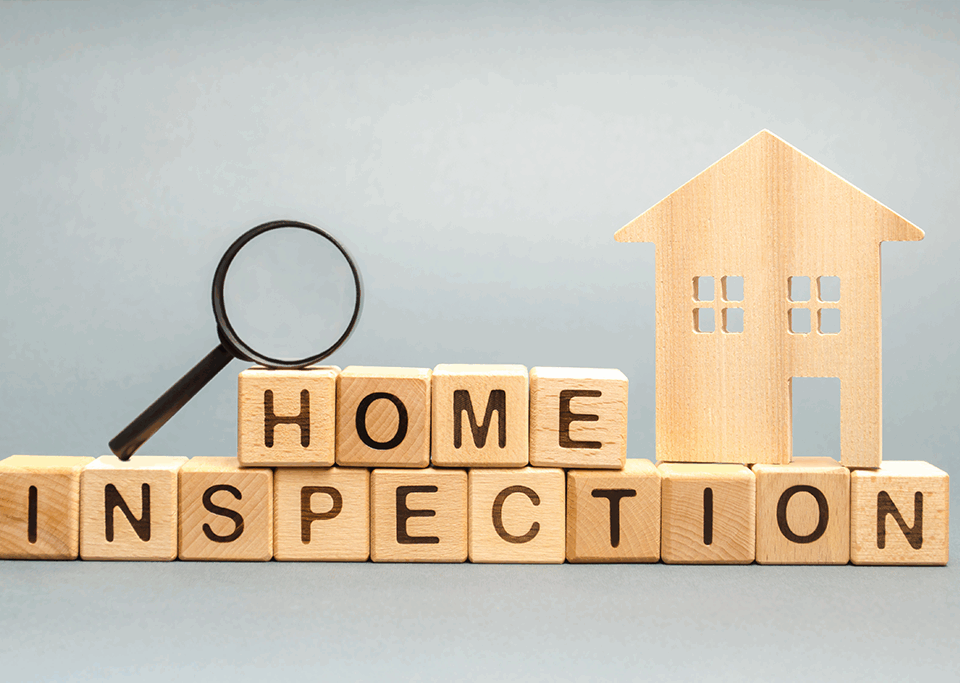
HOLIDAY SHOPPING ONLINE? HOW TO SPOT AND AVOID THE TOP 5 CHRISTMAS SCAMS
December 2, 2024
HOME AND CONTENTS INSURANCE TIPS FOR RENEWING, BUYING AND CLAIMING
February 10, 2025The “side hustle” has become a common feature of Australian households. It seems that the opportunities and possibilities are only limited by your imagination. A quick online search of the term “side hustle” reveals hundreds of interesting ideas that could be adapted and monetised by anyone who is willing to put in the time, energy and (sometimes) money to develop them. They can include activities such as dog walking, fitness classes, gardening services, car washing and even developing a clothing line. The list is simply endless.
It’s not uncommon for a “side hustle” to start out as a hobby which develops into something more. As a result, the time will come when a hobbyist should think about whether a hobby has changed from being a part time private interest into a business.
If it has become a business, all sorts of regulatory consequences may follow, such as formal record keeping and tax returns. That’s not necessarily a bad thing. After all, a hobby that’s transformed into a serious business can often turn your former private “side hustle” into a profitable venture that improves your and your family’s financial independence and may even build a long term asset that can be sold on to investors in years to come.
Unfortunately, working out whether or not your hobby has become a business is not a clear cut process. A good starting point in making this assessment is to consider what a business is and what it isn’t.
What is a business?
As a general rule, a business involves a set of continuous and repeated activities you do for the purpose of making a profit, usually paid in money, but also being paid in goods and services (e.g., by barter deals). You can run one business or multiple businesses at the same time.
What is not a business?
However, not everything you do to make money is necessarily a business. According to the Australian Taxation Office, your activities are not a business when they are:
- A one-off transaction (unless it’s the first step in carrying on a business or intended to be repeated).
- Done as an employee
- A hobby or recreation from which you don’t seek profit
- A simple investment, such as passively holding shares from which you receive dividends or a rental property you let through an agent.
Even if you’re not in business, you may still need to declare certain payments you receive, such as rent, dividends and capital gains from one-off transactions like the sale of an investment property.
Steps to determine whether you are in business
Step 1: Identify all relevant, related activities, such as:
- Keeping records
- Obtaining licences and permits
- If you rent out premises or goods, everything you do to rent out those premises or goods
- If your activity is providing goods or services, everything you do in providing them.
Step 2: Are your activities a business?
The more of the following questions to which you answer “yes”, the more likely it is that your activities will be a business:
- Do you intend to be in business?
- Do you intend to and have a prospect of making a profit from your activities?
- Is the size and scale of your activities enough to make a profit?
- Are the activities repeated and continuous?
In addition, are your activities planned, organised and carried out in a business-like manner? For example, do you:
- Keep business records and have a separate business bank account?
- Advertise and sell your services to the public, rather than just to family and friends?
- Operate from business premises?
- Maintain required licences, permits and qualifications?
- Have a formal business plan or budget?
- Have a business name and/or an Australian Business Number (ABN)?
Step 3: When does your business start?
It’s important to know when your business starts. This will impact the registrations you need, the record keeping and compliance you require, how tax laws apply to your activity and the tax concessions or deductions that are available to you.
Put simply, your business starts when you have more than an intention to be in business and have made the decision to start it, acquired the minimum level of assets to start running the business and have actually started your business activities.
Seeking Professional Advice
Unfortunately, as you will have concluded from the analysis above, making a decision about whether or not your activity is a business is not necessarily straightforward. It comes down to carefully balancing and judging the significance of various criteria that together can lead you to a conclusion.
Therefore, if you’re in any doubt about your circumstances, you may be wise to seek the advice of a qualified accountant who has experience in advising small business owners like you. Many of these can be sourced through professional associations such as CPA Australia and Chartered Accountants ANZ.
If you do decide to consult a qualified accountant (some aren’t qualified), be aware that professional fees may apply, sometimes in the order of hundreds of dollars per hour. You may find an accountant who will offer you an introductory meeting (say 15-30 minutes) free of charge, but if you decide to seek more detailed advice, it’s important to understand (in writing) the scope and likely cost of the advice before proceeding.
Other options include attending introductory small business courses offered by various not-for-profit organisations and governments.







